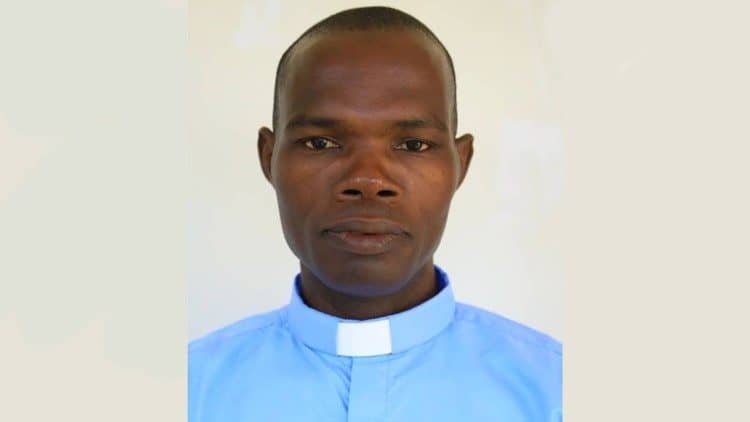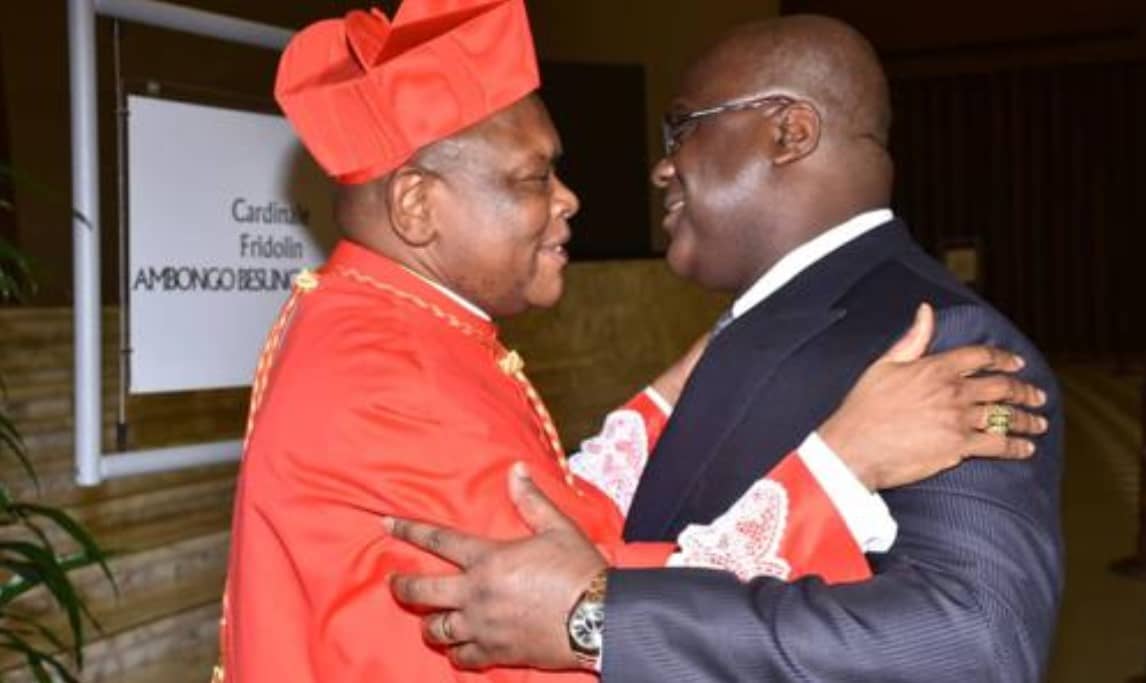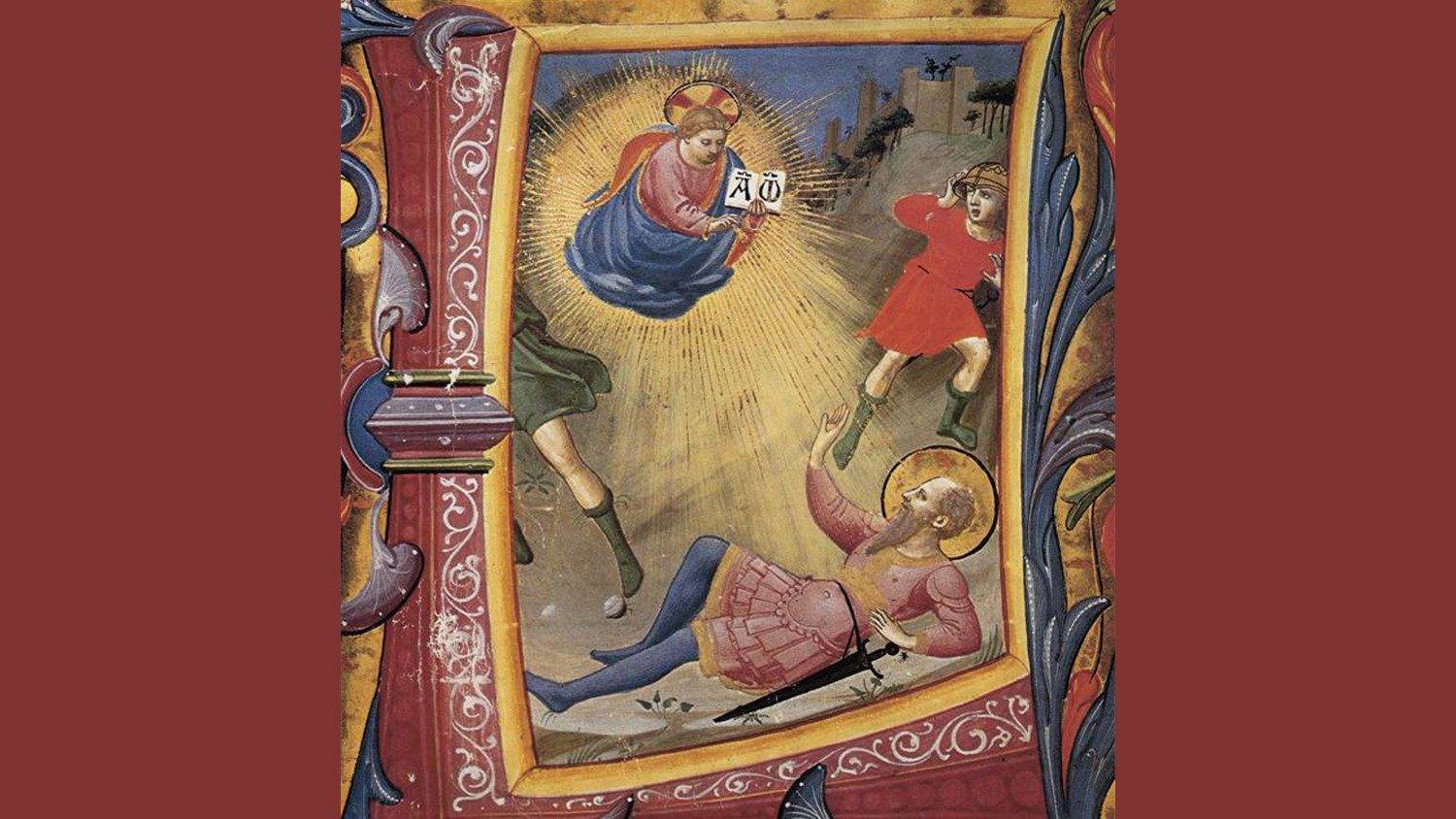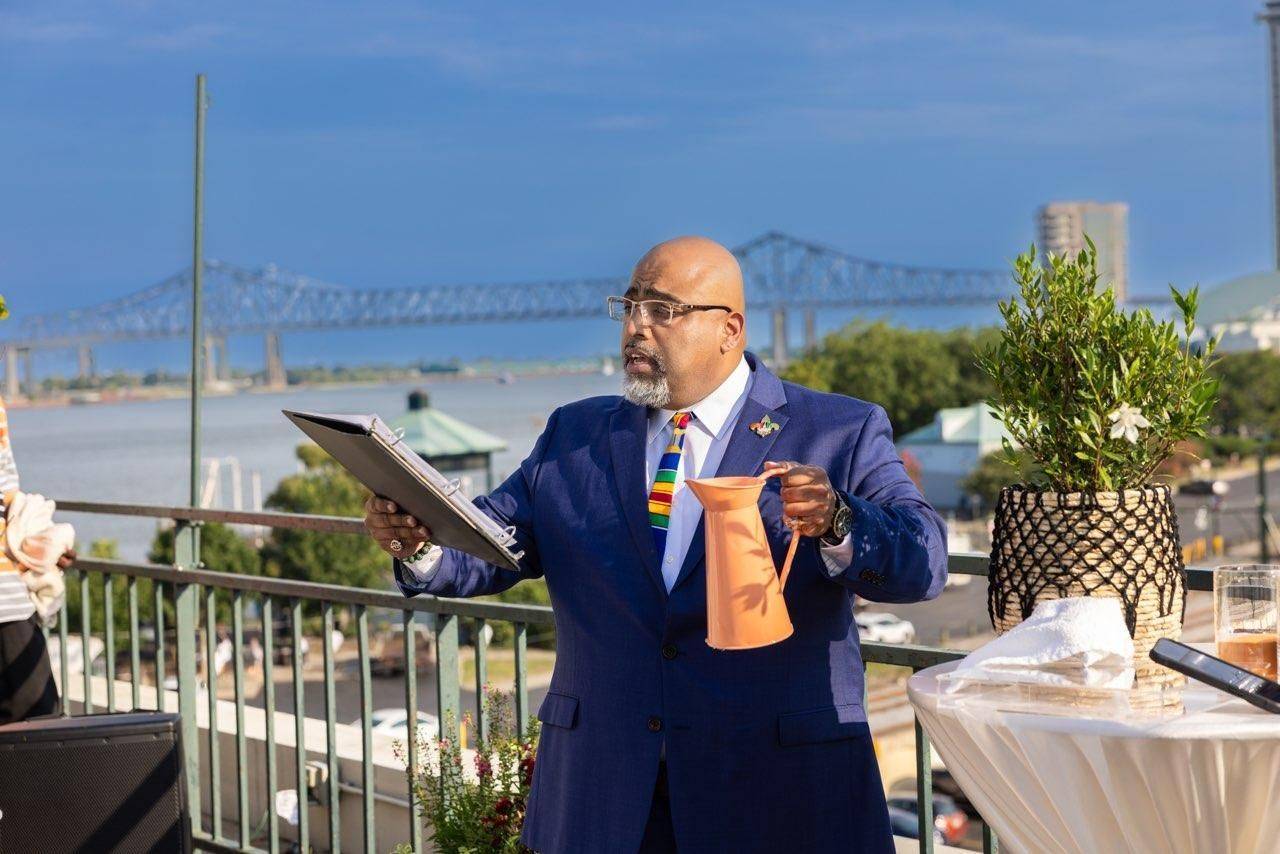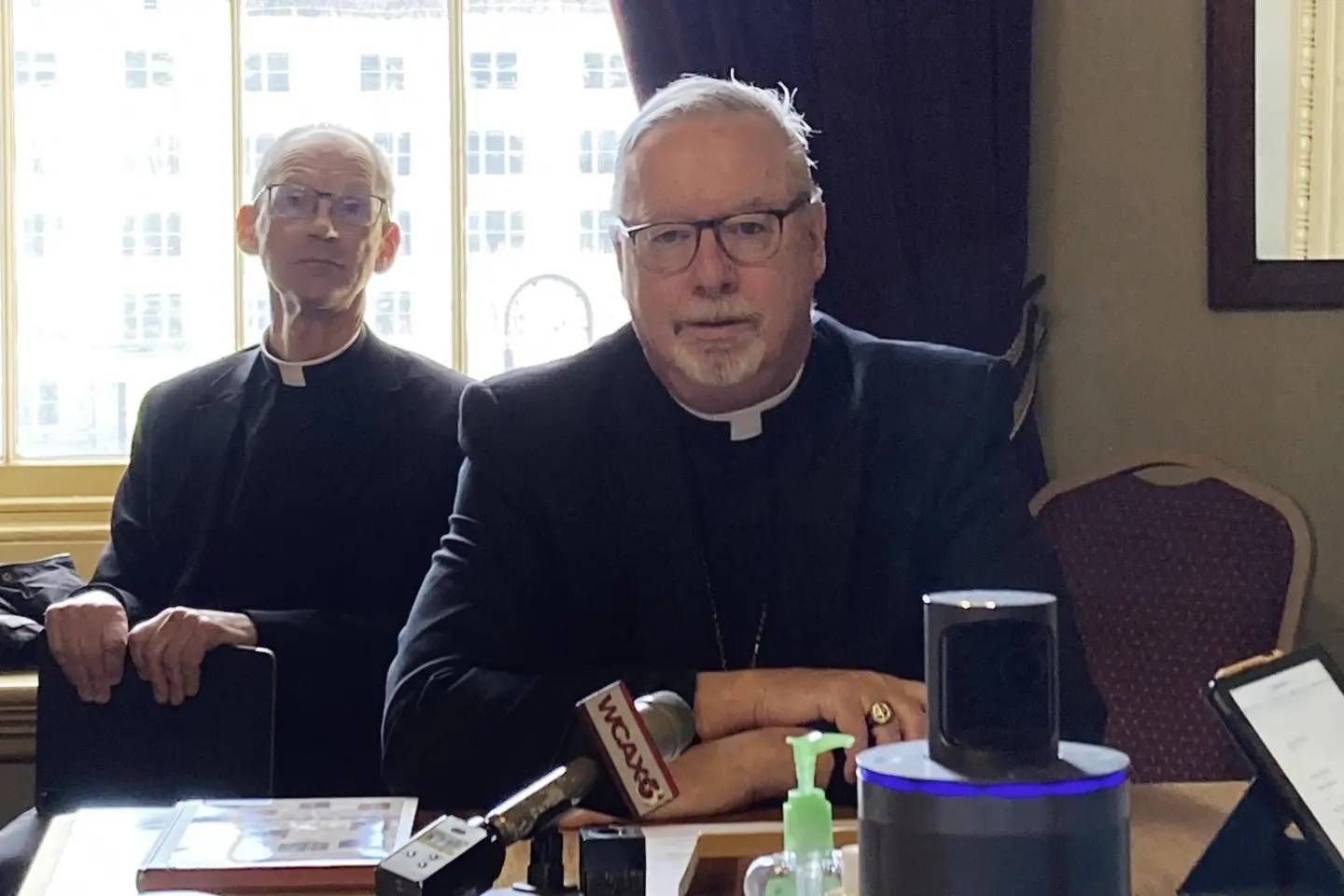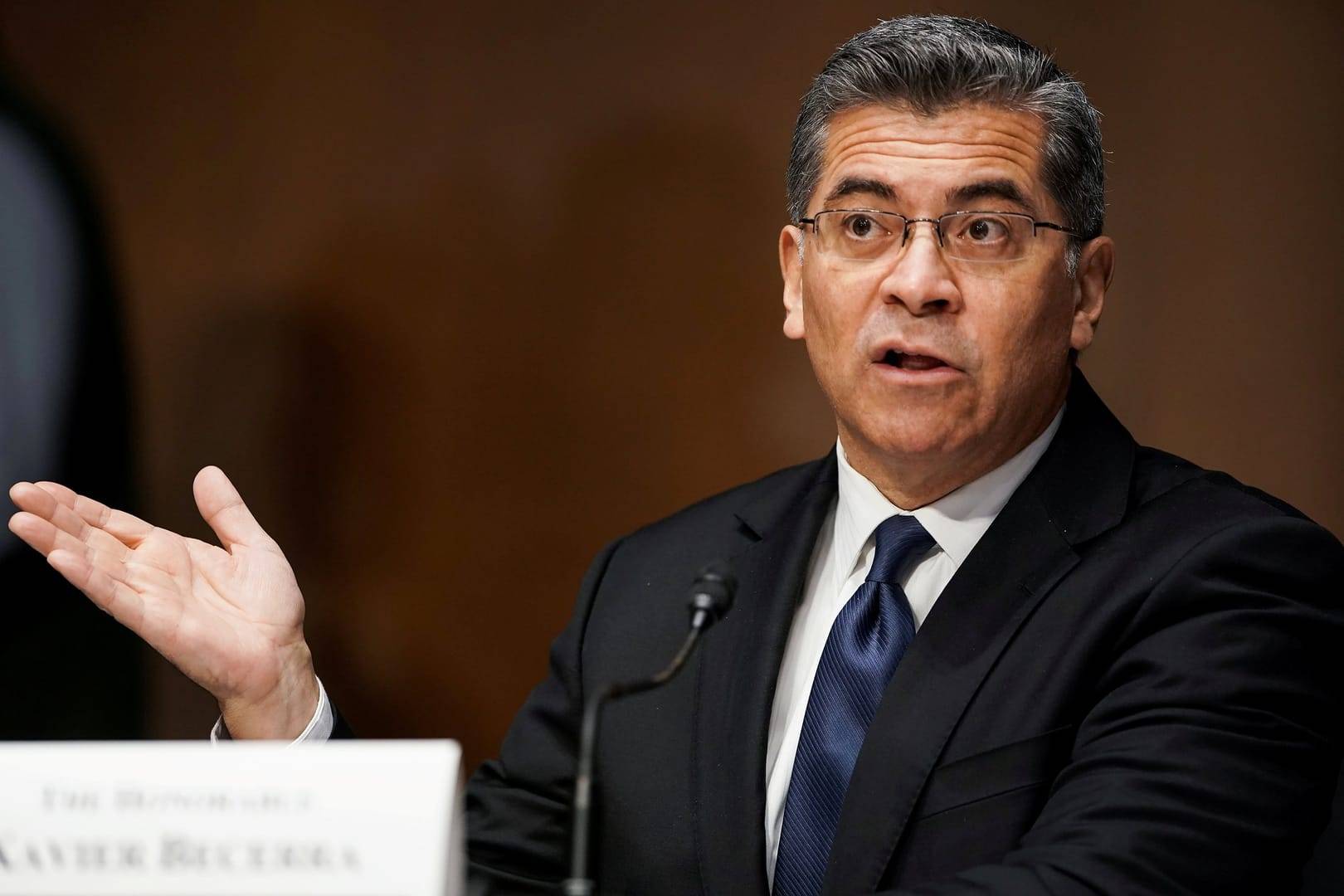PITTSBURGH, Pennsylvania — Taco Tuesdays at Holy Trinity in Robinson.
Mass meet-ups during work-week lunch breaks in downtown Pittsburgh.
Pub-style trivia nights at Saints John and Paul in the North Hills, where a $5 ticket gets you free grub, drinks and 10 rounds of team trivia culminating in a $200 grand prize.
As the Roman Catholic Diocese of Pittsburgh undergoes its biggest restructuring in three decades, religious leaders are pondering: How do we get 20- and 30-somethings back into the church?
The population of 20- to 30-year-olds spans more than a half-million people across the diocese’s six-county territory, about 145,000 of whom identify as Catholic, diocesan and census data show.
“That might be a Christmas and Easter-goer. That might be someone who goes to Mass once or twice a month, and out of that, there are 40,000 who go to Mass regularly, meaning once a week,” said Jacob Williamson, 30, hired last year by the diocese to be director for young adult outreach, a new position. “We need to bring all these people in their 20s and 30s into a living relationship with Jesus Christ.”
On Sunday morning, graduating high school seniors were invited to mingle over breakfast before attending a Mass in their honor at Our Lady of Victory in Springdale Township. This month, young Catholics across Alle-Kiski Valley churches are receiving the sacrament of Confirmation. Chances are, a majority of them will leave the Church after going to college and the workforce.
Americans are shying away from organized religion in droves — especially the young.
Four in 10 U.S. adults raised Catholic now identify themselves as ex-Catholics, the Pew Research Center reports.
Twenty-seven percent of U.S. adults surveyed last year can be described as a so-called religious “none” — those who describe themselves as “spiritual but not religious,” up 8 percentage points from 2012, Pew data show.
Millennials report being among the least religious of all generations, citing distrust in religious institutions.
It’s an age group that many parishes across the diocese do not yet appear to target heavily — particularly in rural and some suburban areas.
A review of local weekly church bulletins shows many parishes heavily promote programs catering to young children and older adults, playing on the longstanding belief that people tend to return to the Church once they settle down and have children.
“We can’t count on that today, quite frankly,” Williamson said. “The ‘nones’ are the fastest-rising group of people in our culture right now.”
The “spiritual none” trend doesn’t mean that people are shedding faith completely. Data published by Pew last week showed that nearly eight in 10 U.S. adults believe in either a higher power or God — they just aren’t participating in a church community.
Cultivating leadership in young people
Drawing from successes of other Christian churches and their turnarounds, Williamson said he’s been working to recruit young adults to become mentors, educators and evangelists.
Bishop David Zubik has emphasized the need for more lay leaders to guide the Church’s future, particularly as priests dwindle.
The strategy is in line with the types of efforts that helped Pastor Lee Kricher of Amplify Church turn a dying congregation into one of the most vibrant in the city, its average age dropping from over 50 to 35.
Catholics have teamed up with evangelicals, Protestants and other Christian denominations on service projects such as a mass-production line to feed the homeless over Christmas and by offering wayward Catholics the opportunity to go to confession at Franklin Graham’s Festival of Hope.
Recently, Williamson started a program called Cultivate, a six-month training program for young adult ministry.
“We want to be doing more of what we call free evangelization — taking care of real human needs,” Williamson said.
Last Friday, a quarterly young adult ministry speaker series drew more than 200 people, up from an attendance of 50 in October.
Monday night at Steel Cactus in Pittsburgh’s Shadyside neighborhood was to mark the summer season’s first “Theology on Tap,” a series of faith-based speakers at bars hosted by the Oakland Young Adult Ministry. On Tuesday, Dirty Vagabond Ministries Garfield was to convene a group to pack and serve meals to the needy.
Among obstacles to reaching young adults: Most Millennials disagree with Church teachings on issues such as gay marriage and whether married men and women should be allowed to become priests.
“We try to do edgy topics that young adults care about now,” Matt Scruggs, 28, young adult minister at St. John the Baptist in Plum has told the Trib. His parish hosts “Pub Theology” events every other week at Somma Pizza and Sports Bar in Plum, where they’ve covered everything from Pope Francis to homosexuality in the Church.
Power in parish groups
Zubik announced this month that 188 parishes will be merged into 57 multi-site, parish groupings within five years. Starting in October, 65 percent of the diocese’s 200 priests will have new assignments, diocesan spokesman Bob DeWitt said — an update from a previous estimate of 80 percent. Sixteen priests are set to retire later this year.
Joanne Brown, a 10th-grade religion and Spanish teacher at St. Joseph High School in Natrona Heights, said the restructuring will benefit all Catholic schools.
“If it works the way (Zubik) wants it to work, if the people really gather together and become a community, I think it’s going to be awesome,” Brown said. “And I think the people really want it to work.”
When the mergers are complete, the hope is that all church sites can help one another create youth and young adult activities.
The most difficult choices will be deciding which of the diocese’s 225 church buildings will close. New Mass schedules will be announced in August and take effect with the clergy reassignments Oct. 15.
“The Church is not a building,” Williamson said, “so it’s about how do we take a long, hard look at this and how can we start pouring resources not into old infrastructure but rather how can we pour resources into our people.”










